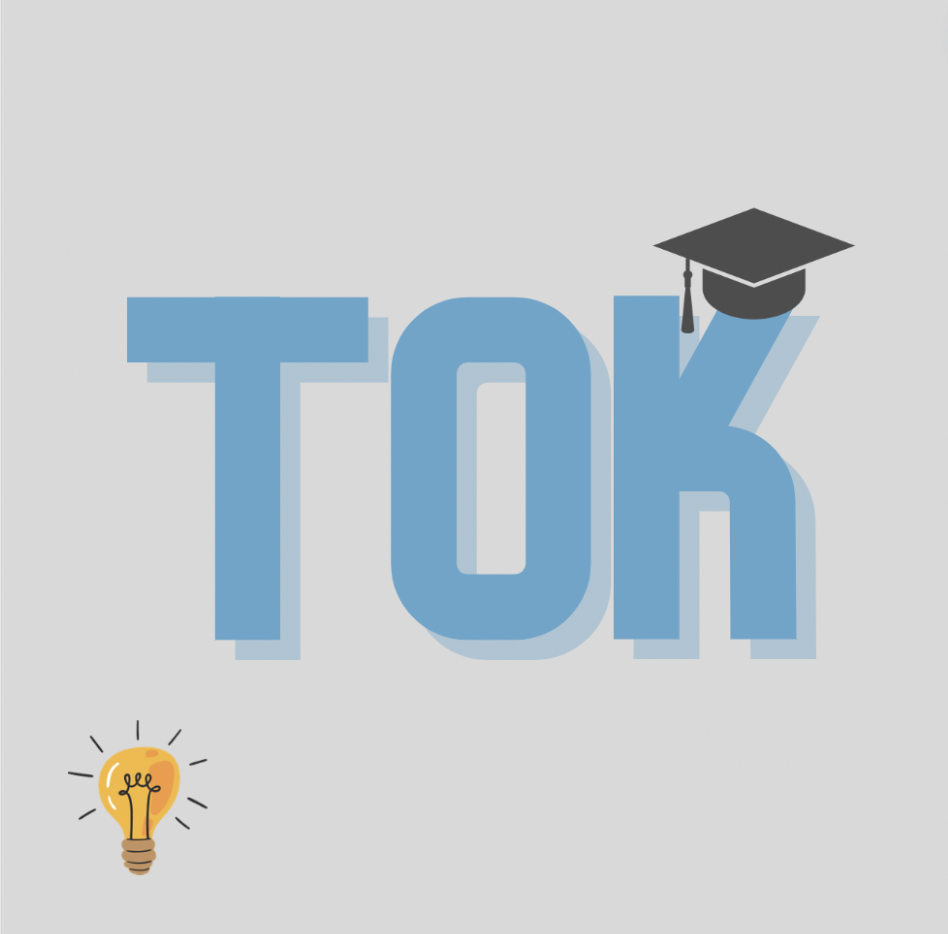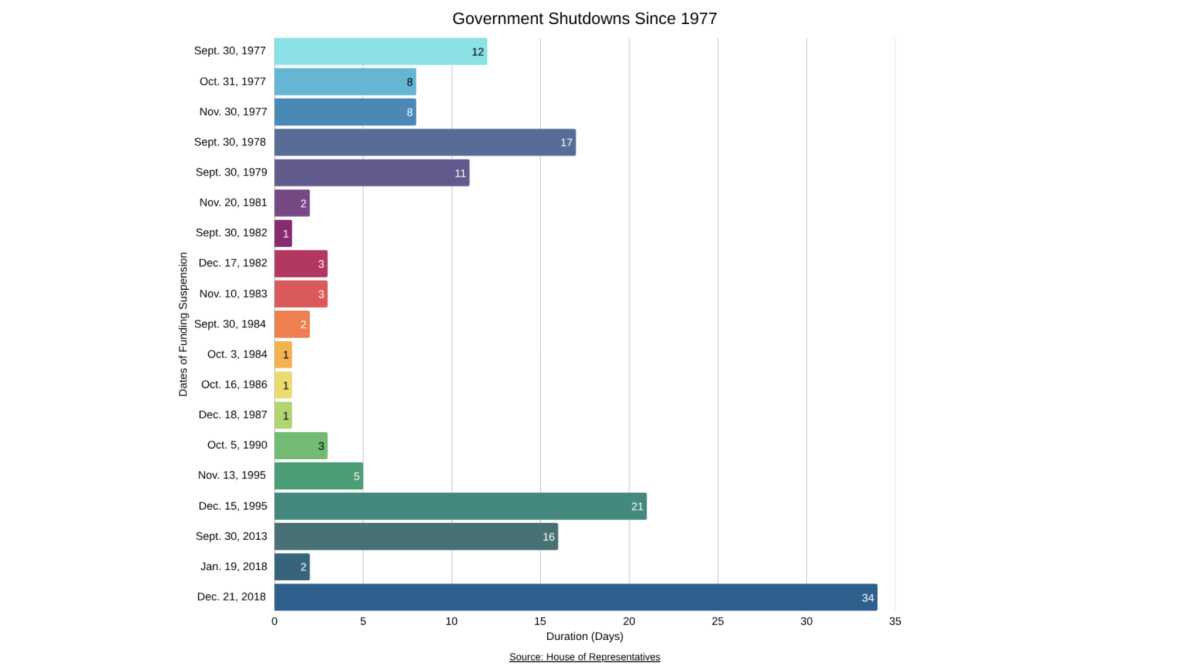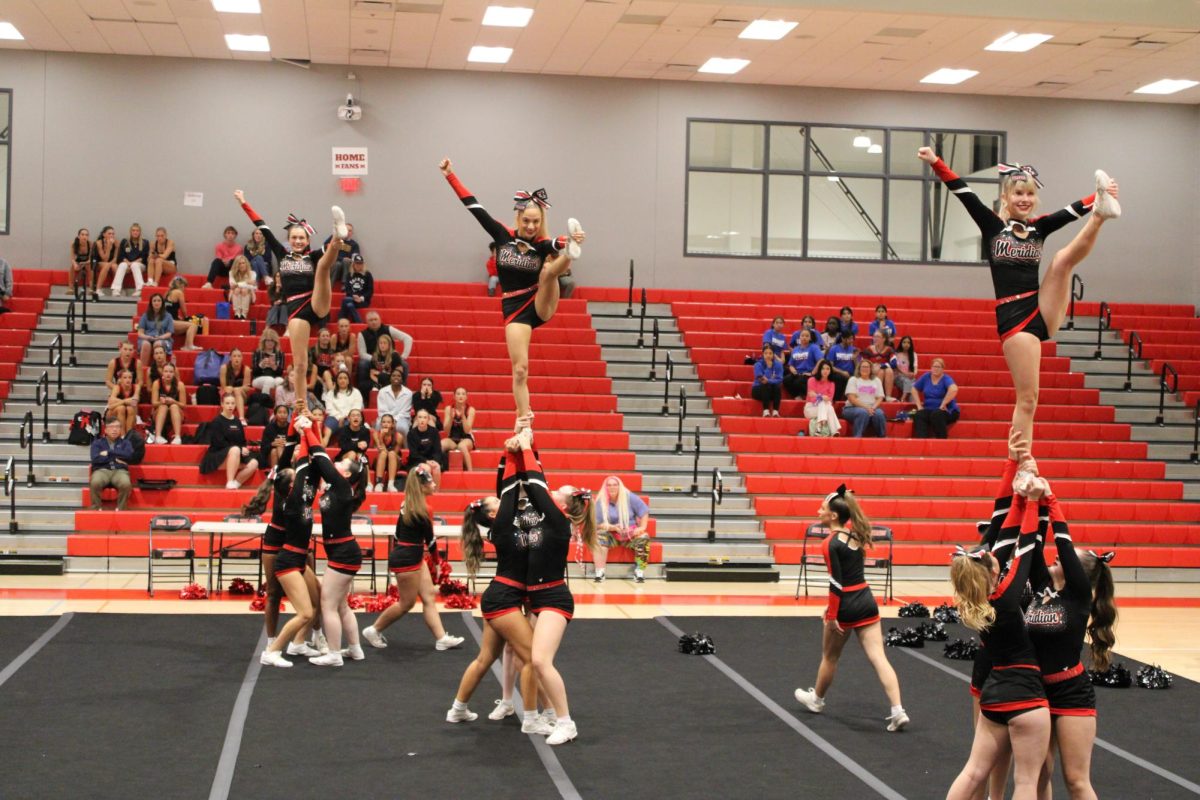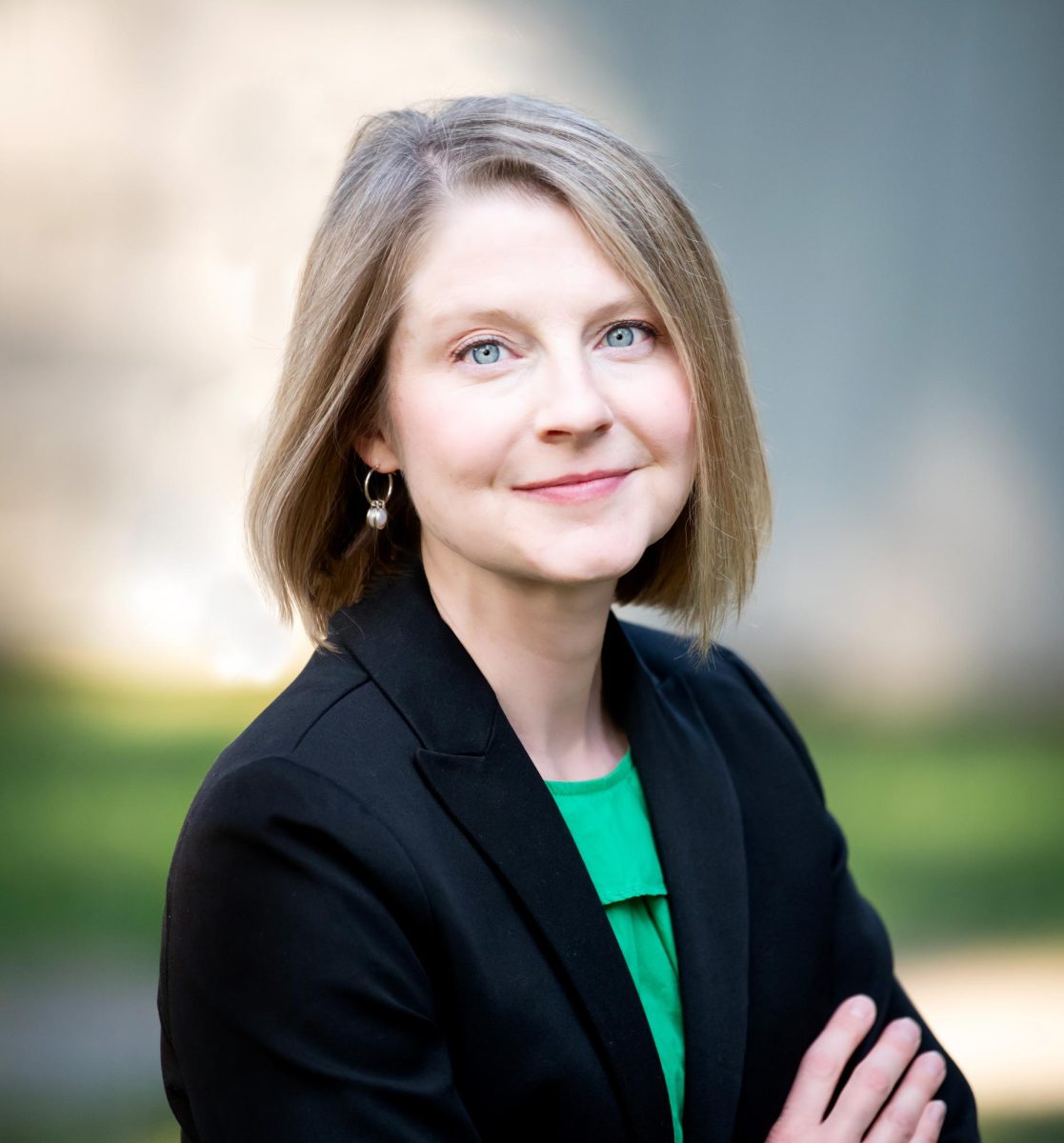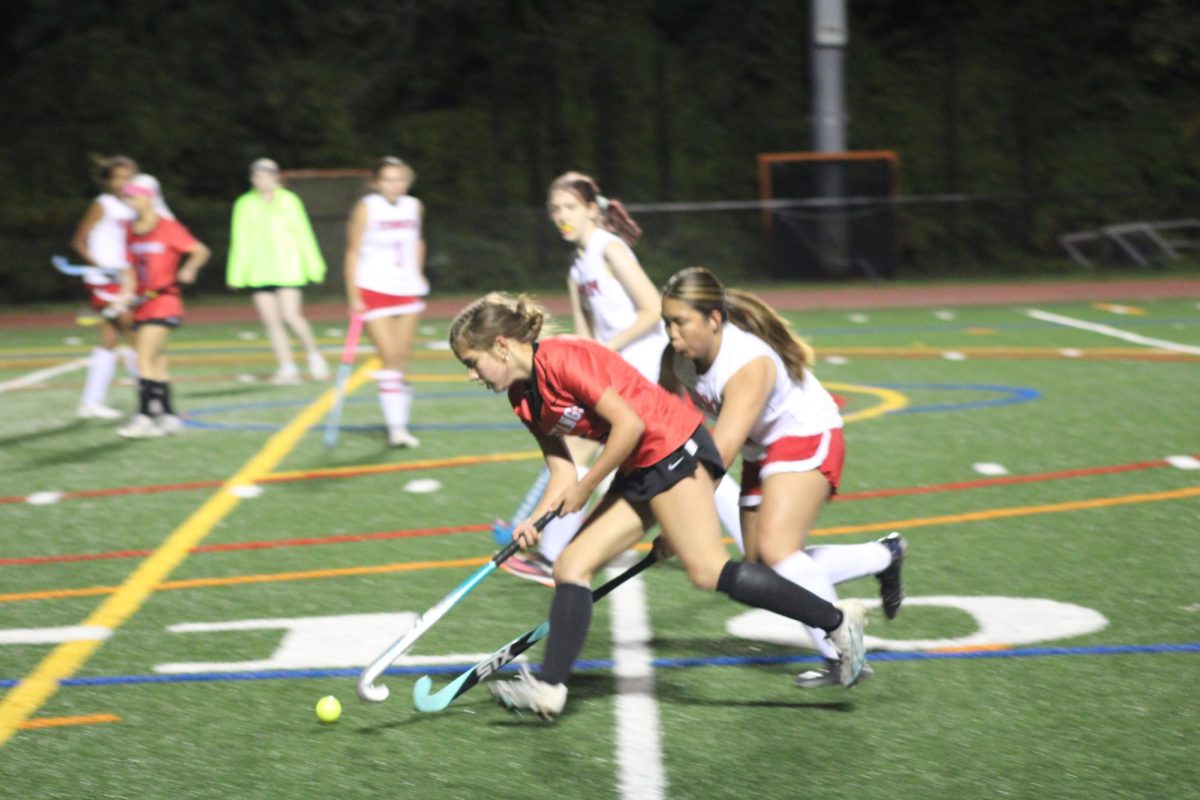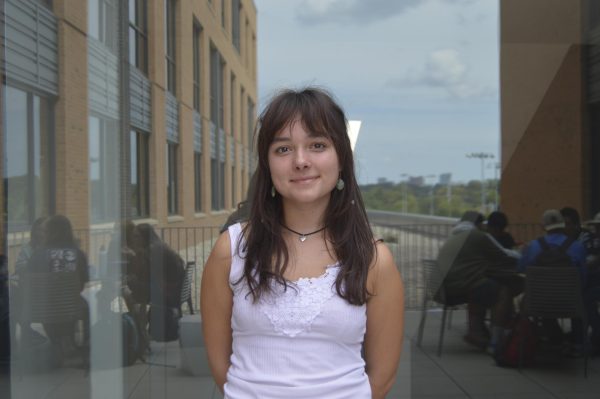Following staff-wide deliberation, Meridian administrators introduced “Tuesday TOK:” a hybrid model of the IB Theory of Knowledge (TOK) course.
Administrators, namely IB Diploma Coordinator Mr Josh Singer, decided to offer a hybrid course for students to fulfill their diploma requirements in the event of potential scheduling conflicts. “We recognize not everyone who is an IB Diploma candidate
has a schedule that fits in the seven blocks. There needs to be an option for kids to meet their program requirements.”
Originally, MHS had offered an AM block of the course, but in tandem with the School Board’s decision to delay school start times in favor of teenagers’ prominent need for sleep, as well as IB evaluation, administration found themselves in search of an
alternative. “More school before school so you can do school seemed counterproductive,” Mr. Singer said.
Mr. Singer elaborated on this, detailing his vision for the program as a productive source for students to expand their academic pursuits, and not a diminishing path that converts ambitious students to “jaded seniors.” “That shouldn’t be what we are trying to do as a school,” he said.
Over the course of three years, Mr. Singer, alongside counselors, administrators, and TOK instructor Dr. Albert Defazio, considered various options including an after school block or weekend course, and they consulted local and international IB schools to find a solution. They settled on the hybrid model to prioritize sleep, extracurricular activities, and staffing capability.
Instructor Dr. Defazio assigns “Tuesday TOK” students asynchronous work, including note-taking, E-journals, and discussion boards. The class then meets once per week during Tuesday Stable Group and Mustang Block, hence the name “Tuesday TOK.” As of the 2024-25 school year, the course is only open to students with schedule conflicts.
TOK explores content outside the typical curriculum. Students examine the root of communication and understanding. According to the IB Diploma Website, “As a thoughtful and purposeful inquiry into different ways of knowing, and into different kinds
of knowledge, TOK is composed almost entirely of questions.” The hybrid course aims to fulfill these guidelines, as students complete content-based work online then discuss as a class–debating the big questions TOK poses.
“Tuesday TOK,” however, is still a work in progress. “We’re gonna have to see how it goes, the proof as they say is in the pudding,” Mr. Singer said.
Administrators will measure the efficacy of the course through student attendance, grades, and anecdotal evidence, but they cannot assess performance in comparison to block-schedule TOK until after students complete their TOK exhibition and Extended Essays.
Administration, alongside course instructors, continue to adjust, rework, and mend the course in real time.
“We’re building and flying at the same time. It’s mostly flying,” Dr. Defazio concluded.



